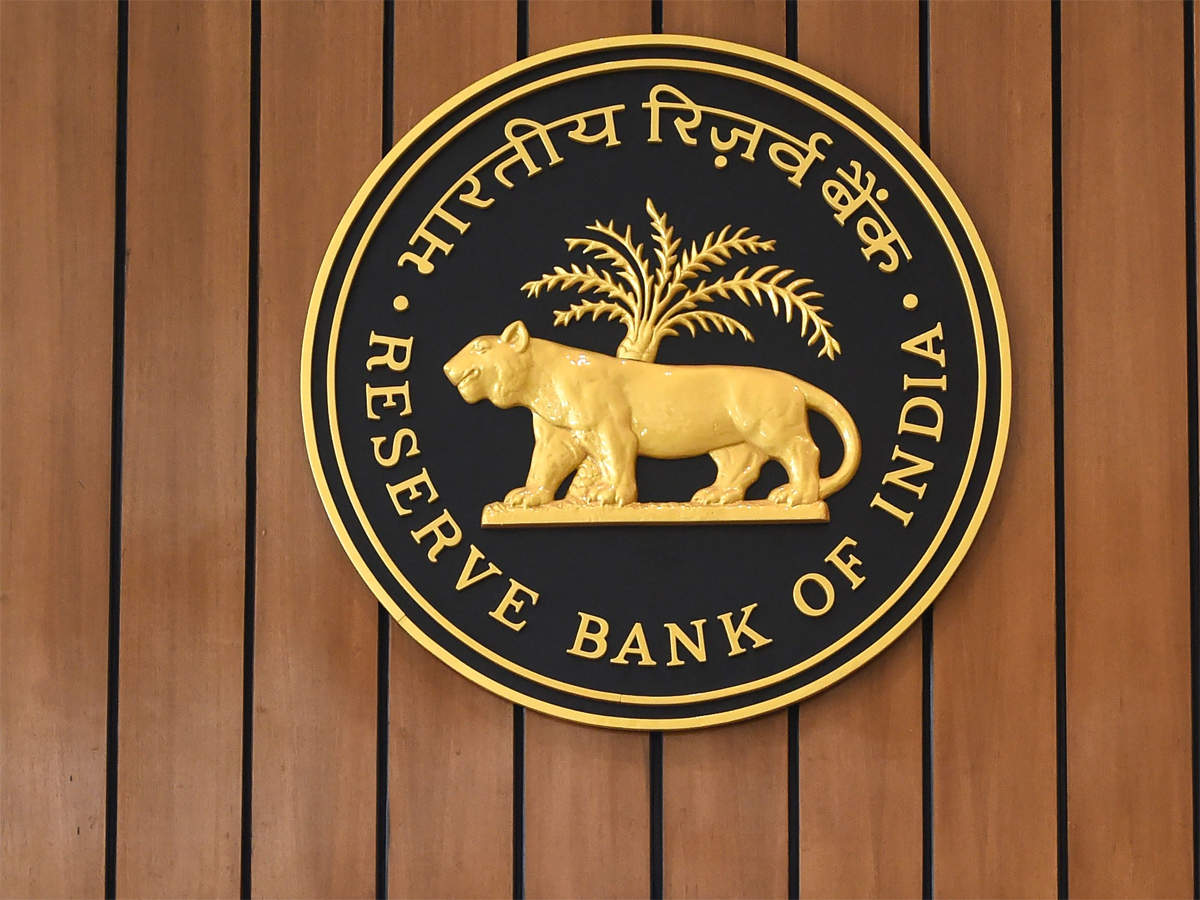RBI Advocates Fintech Self-Regulation: Drafting a Path for Collaborative Governance

In a recent development, the Reserve Bank of India (RBI) has proposed a draft framework that advocates for the establishment of a self-regulatory organization (SRO) by Indian fintech entities. The primary objective behind this proposition is to ensure meticulous adherence to statutory and regulatory requirements, with a specific focus on elevating governance standards and effectively addressing the dynamic challenges encountered within the swiftly evolving fintech sector.
This initiative gains significance against the backdrop of the fintech industry experiencing an unprecedented surge in growth, driven by the escalating demand for digital payment solutions and borrowing services. The call for such an SRO was initially made by RBI Governor Shaktikanta Das in September, underscoring the need for collaboration among fintech firms to establish a self-regulatory mechanism. The RBI emphasizes the pivotal role of achieving equilibrium, fostering an environment that encourages innovation while upholding a regulatory framework that not only protects consumers but also adeptly manages associated risks.
The draft framework strongly advocates for self-regulation as the preferred and judicious approach within the fintech sector. It places considerable importance on the SRO’s role in ensuring strict adherence to industry standards, envisioning it as a key entity that facilitates transparent communication channels with the RBI.
Outlined in the proposed norms are the responsibilities entrusted to the SRO, encompassing the assurance of adherence to industry standards, active collaboration with the RBI in formulating and updating fintech taxonomy, and diligent execution of tasks delegated by the central bank. Furthermore, the RBI retains the prerogative to scrutinize the financial records of the SRO or instigate audits as deemed necessary.
To bolster accountability, the draft framework mandates the SRO’s board to institute a robust framework for the continuous monitoring of the ‘fit and proper’ status of its directors. Seeking industry insights and perspectives, the RBI has opened the draft framework for feedback until the conclusion of February. Following this consultation phase, a finalized framework will be issued, marking a significant stride toward cultivating a collaborative and well-regulated environment that supports the sustained expansion of the fintech sector in India.
Read More Innovation – Tech Foom








